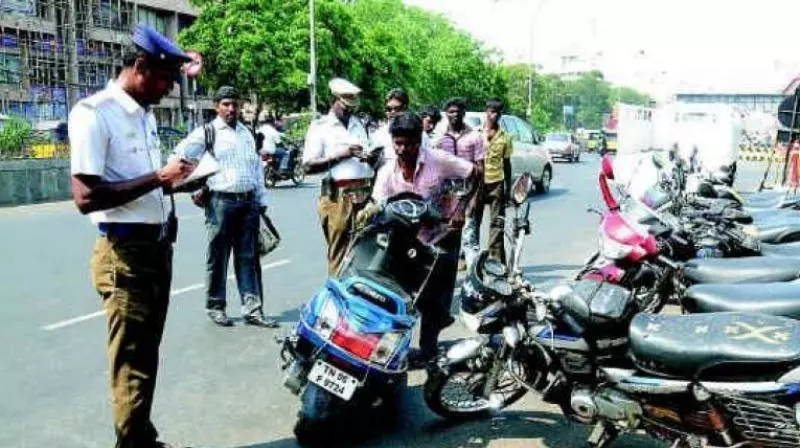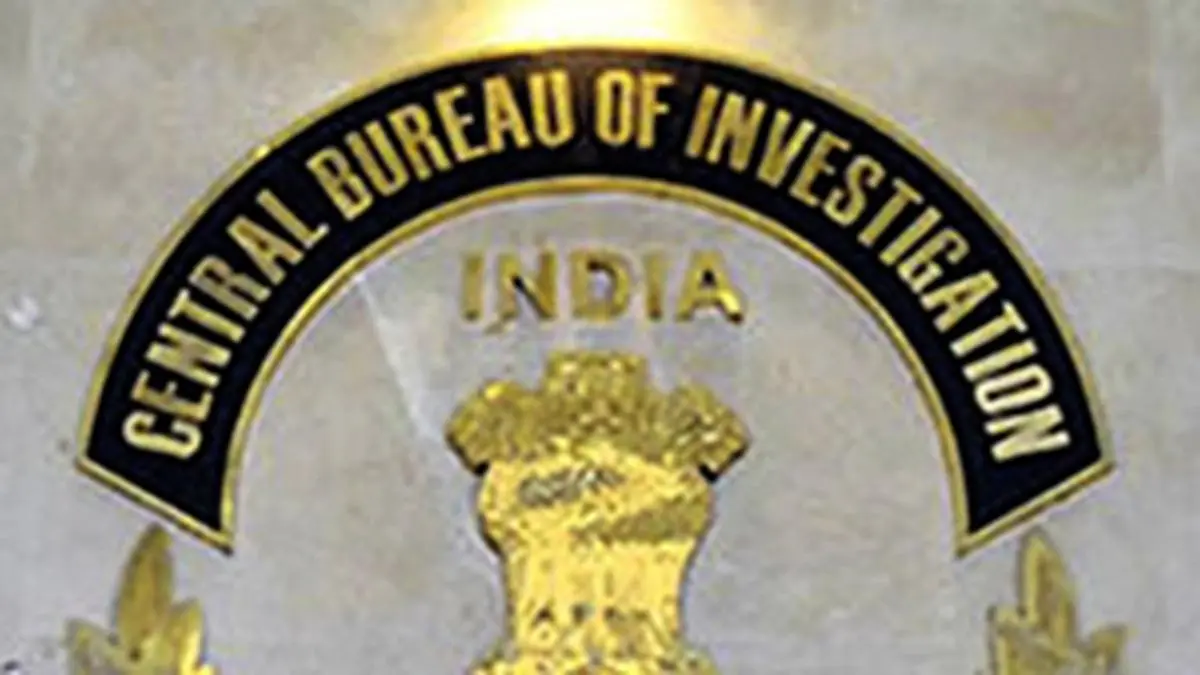By Laxmi Pranathi
Copyright deccanchronicle

VISAKHAPATNAM: Artificial intelligence (AI)-based traffic management system that Visakhapatnam City Police Commissionerate and Greater Visakhapatnam Municipal Corporation (GVMC) have piloted from September 10, 2025, has detected about 3,500 violations of riders driving without helmets, 2,300 cases of passengers not wearing seat belts, 1,200 vehicles jumping red lights, 1,050 vehicles over-speeding, 700 wrongly parked vehicles, and 250 vehicles traveling in the wrong direction. The pilot project, called SARTHI (Systematic Augmented Radial Traffic and Hoop Induction), is being implemented at seven major places ‚Äì Urvasi, Akkayyapalem, Gurudwara, Sampath Vinayaka Temple, Poorna Market, RTC Complex and Airport traffic junctions. The system operates in 12-hour shifts from 10 a.m. to 10 p.m. and 10 p.m. to 10 a.m. Talking to this correspondent, additional deputy commissioner of police (Traffic) K. Praveen Kumar said the system automatically issues traffic challans for the violations detected, including over-speeding beyond the 35‚Äì40 km speed limit. He disclosed that the system has Automatic Number Plate Recognition (ANPR), Red Light Violation Detection (RLVD), and Facial Recognition Systems (FRS) deployed strategically across the designated intersections. During the year 2024‚Äì2025, Visakhapatnam traffic police have imposed fines totalling to ‚Çπ53.73 crore, of which ‚Çπ15.47 have been collected. The AI system, of five different models, includes intelligent traffic lights that record real-time traffic conditions. Based on traffic load in a specific direction, they improve vehicular flow and reduce intersection waiting times. When accidents or road disturbances occur, the system automatically alerts the nearest station house officer (SHO). GVMC commissioner Ketan Garg said following a one-month trial, the corporation will assess the performance of all the five systems. It will select the top-performing model for broader implementation across 50 of the city’s 115 major junctions. The system includes intelligent traffic signal synchronisation designed to reduce congestion and pollution. “Green lights will be synchronised between signals, reducing waiting time at traffic junctions and lowering pollution levels. Otherwise, vehicles would have to stop at every signal,” Garg explained. The participating signal technology firms are from Hyderabad, Noida, Bengaluru and Mumbai. Citizen Varsha Priyadarshini, speaking with this correspondent, pointed out that heavy congestion during evening hours has become a major issue. It gets compounded by increasingly reckless driving behaviour. “Auto-rickshaws make sudden turns without signalling and stop wherever they please. Buses drive aggressively and constantly honk for other vehicles to move aside,” she stated. Priyadarshini expressed concern about widespread traffic signal violations, particularly at four-way intersections, where drivers routinely jump red lights. She expressed the hope that the new AI traffic management system would address these problems, thereby improving road safety.



